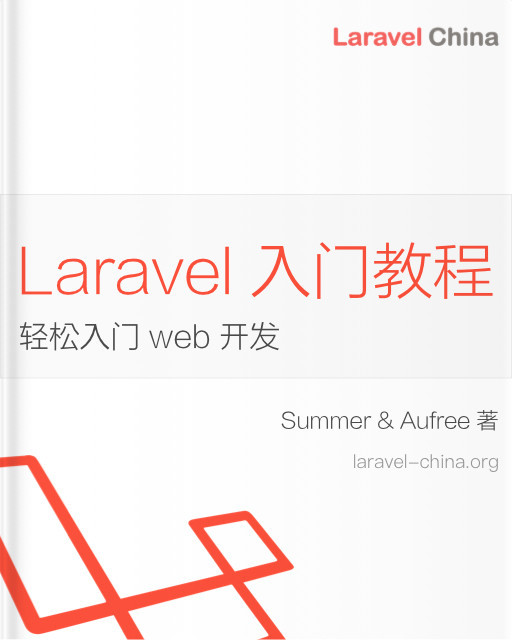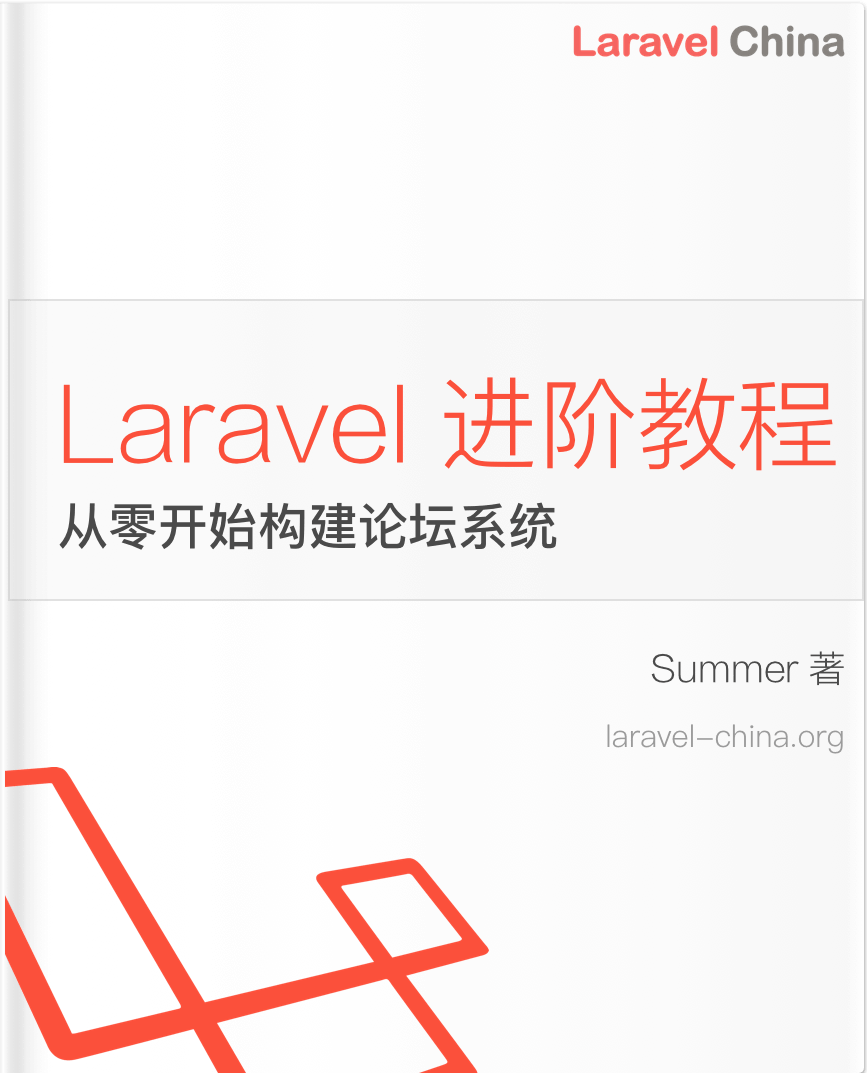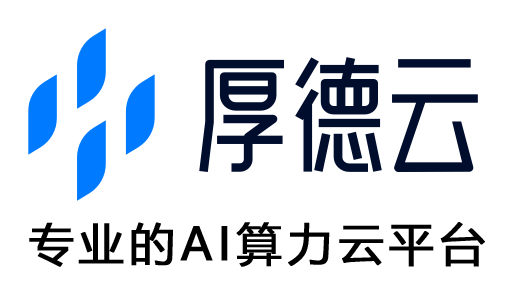很奇怪的一个赋值问题
public function index_data(Request $request) {
$user = $request->user();
switch($request->type) {
case 'today' :
$date = today();
$query = OrderItem::where('merchant_id', $user->user_merchant->id)->whereDate('created_at', $date);
break;
.
.
.
}
$res['order_count'] = $query->count();
$res['sell_amount_count'] = $query->sum('item_real_price');
$res['use_count'] = $query->where('use_status', 5)->count();
$res['use_amount_count'] = $query->where('use_status', 5)->sum('item_real_price');
$res['refund_count'] = $query->where('item_refund_status', 'success')->count();
$res['refund_amount_count'] = $query->where('item_refund_status', 'success')->sum('item_real_price');
if($res) {
return response()->json(['res' => $res],201);
} else {
return response()->json(['res' => 'none'],201);
}
}
$res['refund_count']和$res['refund_amount_count']应该分别是 1 和 3.00 ,但是实际结果都是0
但是,如果我要是把下面这两行删除了,就正常了
$res['use_count'] = $query->where('use_status', 5)->count();
$res['use_amount_count'] = $query->where('use_status', 5)->sum('item_real_price');或者,我修改一下,直接写成:
$res['refund_count'] = OrderItem::where('merchant_id', $user->user_merchant->id)->whereDate('created_at', $date)->where('item_refund_status', 'success')->count();
$res['refund_amount_count'] = OrderItem::where('merchant_id', $user->user_merchant->id)->whereDate('created_at', $date)->where('item_refund_status', 'success')->sum('item_real_price');这是什么情况,不应该会覆盖吧





 关于 LearnKu
关于 LearnKu




推荐文章: